Who you calling a f**got? Why Black men like Boosie must address their inner homophobia
OPINION: TheGrio’s Gerren Keith Gaynor says there’s something to be said about Boosie Badazz and Black men like him who take pleasure in dehumanizing queer men

The first time I was called a f**got was during the summer of 2013. I was around Lil Nas X’s age, and nowhere near as free and liberated in my own skin and sexuality.
I was walking to my car parked on a street in Harlem where two elder Black men were sitting on a stoop chatting about gentrification. One of the men was complaining about the changing racial demographics of the historically Black neighborhood where Black queer literary icons like Langston Hughes and James Baldwin once called home, an irony not obvious to them.
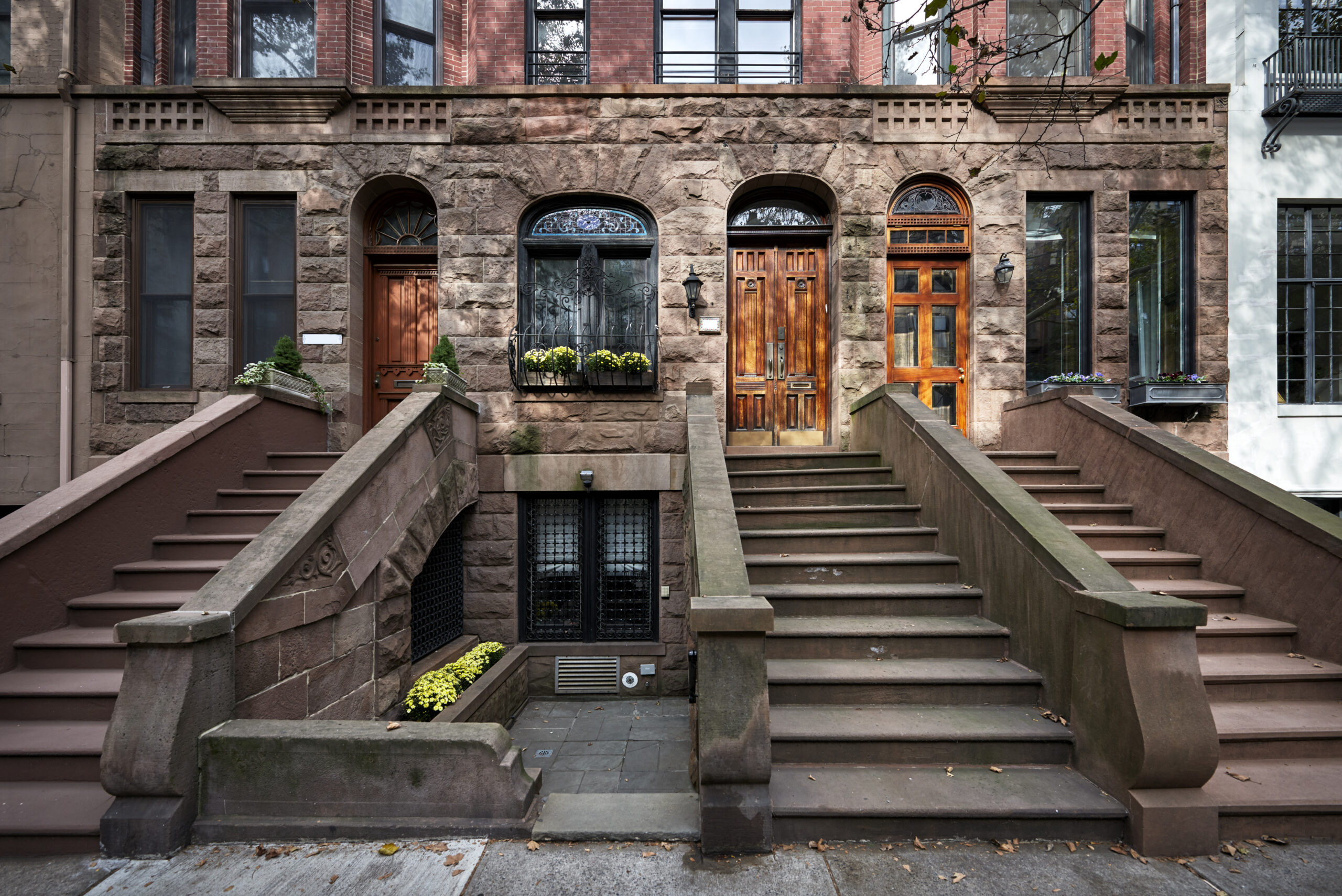
“All these white folks coming into our neighborhood,” the man said as I walked closer to them. As he glanced at me, he quickly added, “and all of these f**gots!”
I’ll never forget the venom in which he said the word “f**got.” While it was just a word, it felt personally violent.
Doing what many do when they are humiliated or a victim of verbal or physical abuse, I internalized it and blamed myself. I started to investigate whether or not I did something to deserve such hate and rage. I immediately turned my attention to what I was wearing. I was dressed in a polo button up shirt, skinny fitted short-shorts and loafers. Perhaps the shorts or the sway of my walk was too much, I thought to myself.
I was heading to a ‘straight’ social event at the time, and so I decided on my way to the car to drive back home across the street and quickly change out of my shorts and slip into something less obviously ‘gay’ so that I could avoid any other potential run-ins that would bring me attention or harm. This is the kind of self-policing and decision-making many LGBTQ people, particularly those who are Black, resort to as a means of social, and sometimes literal survival.
To say that Boosie Badazz’s recent tweet calling Lil Nas X a “f**got,” and wishing that the 22-year-old music superstar commits suicide, is deeply triggering as a Black queer man, would be an understatement.
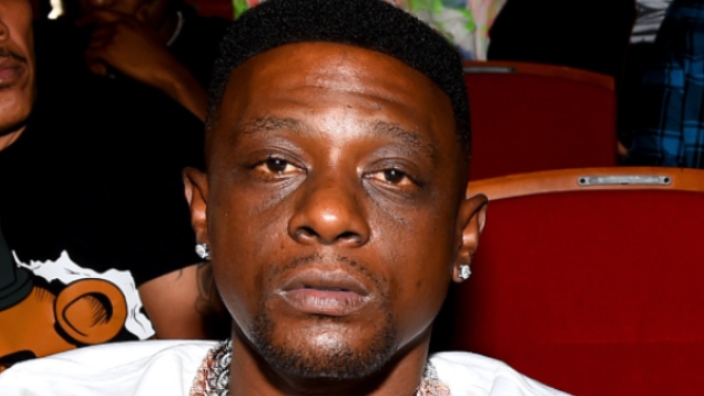
The 38-year-old rapper’s 265-character tweet reeked of obvious homophobia, toxic masculinity and a heartless disregard for the millions of Americans who contemplate suicide everyday, including the disproportionate number of Black LGBTQ youth who in addition to depression and suicidal thoughts go without adequate mental health care services.
By now it’s clear that Boosie, who has an obsession with publicly dissecting Lil Nas X’s sexuality, doesn’t care about how his words and actions continue to bring harm to the LGBTQ community.
As a proud Black gay man who spent 30-plus years of my life navigating the emotional and psychological trauma inflicted by Black men, Boosie’s tweet wasn’t just homophobic, it was deeply hurtful. Not because I personally care what Boosie specifically thinks about Black gay men like me, but because it triggers traumatic memories of vicious incidents I and so many have endured and continue to endure by the hands of straight and straight adjacent Black men.
It’s lived experiences like these that make artists like Lil Nas X important for the visibility and self-esteem of Black LGBTQ youth. Unfortunately, Black gay men like me didn’t grow up or come of age with a Lil Nas X at the top of the charts. Nas X is a bonafide rock star who is centering Black queer identity in ways I never saw as a child or young adult, but deeply longed for.
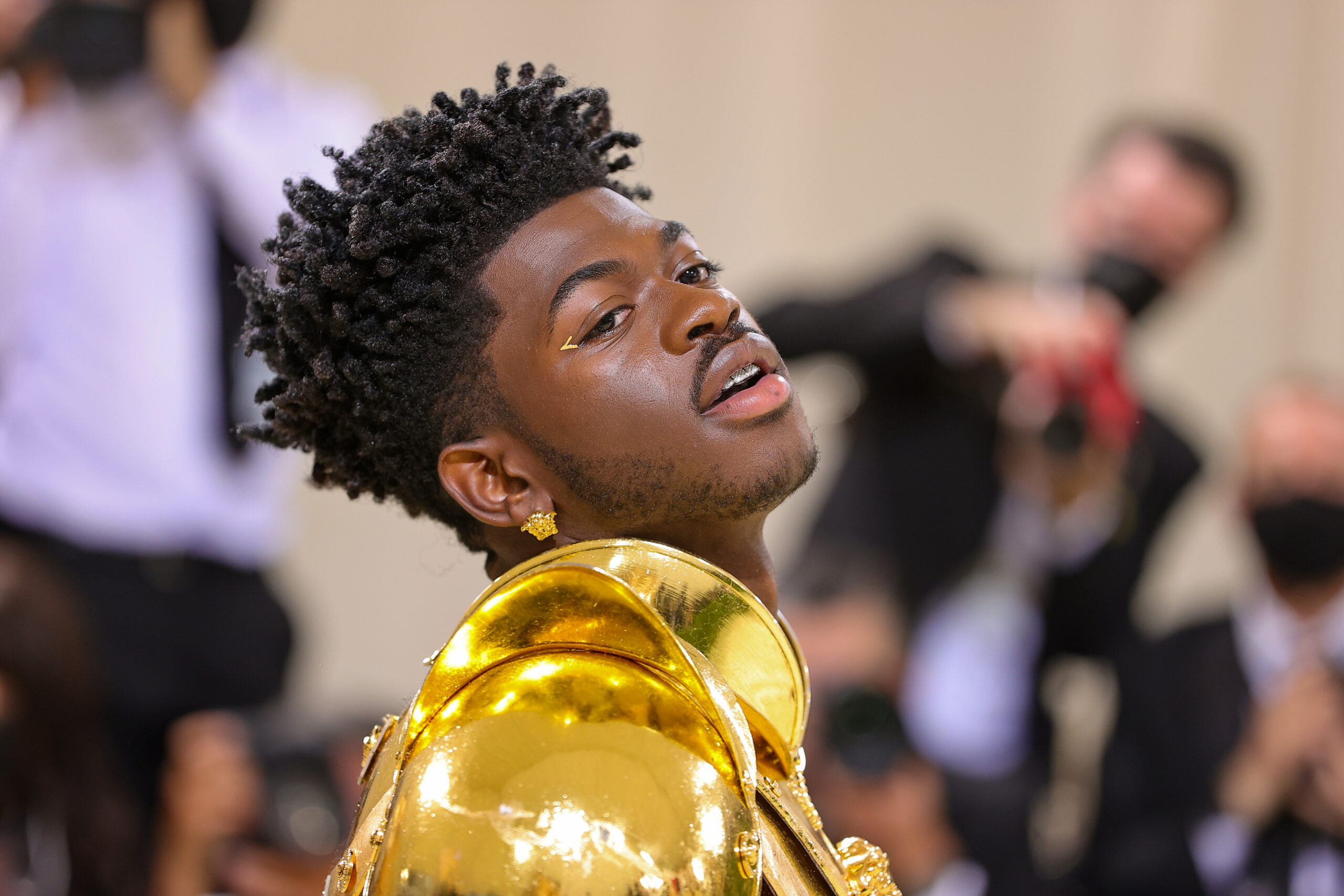
Boosie and others have deemed Nas X kissing another man on live television or twerking in his birthday suit in a music video as some gay agenda to taint the minds of impressionable children. Concluding that children can ‘turn gay’ by simply seeing images of overt homosexuality is intellectually basic and lacks understanding and critical thinking.
We should be more concerned that young people, particularly young Black boys, are likely to be taught by the adults in their lives how to be hateful and intolerant, whether it be homophobic, sexist or racist.
It’s ironic that many male rappers, including Boosie, have always had agency to express their own sexuality in lyrics and music videos, no matter the harmful impacts it may have on Black women and girls. Given the pushback against Nas X, it’s clear that the Black male gatekeepers of hip-hop prefer a ‘separate but equal’ approach to artistic expression.
Thankfully, younger artists like Lil Nas X aren’t waiting for permission to be their authentic selves. As the young rapper said in his acceptance speech at the virtual Native Son Awards, “Some people say I am pushing an agenda, and I am. It’s called liberation” — liberation so many young Black men and boys desperately need.
Surviving being LGBTQ without being shamed, discriminated against or physically harmed often requires shrinking yourself or hiding who you are in order to stay safe — and even that doesn’t guarantee your safety. That shame can also show up in more harmful ways like risky sexual behavior, internal homophobia or suicidal thoughts.
I especially know what survival looks like, having been physically attacked as a child by other Black boys in my neighborhood on more than one occasion for what I perceived as a response to my suspected sexual orientation.
I can also recall being bullied in high school by a classmate who went out of his way to try to embarrass or out me. His favorite bully tactic was to walk over to my lunch table and address me and my girlfriends as “ladies” and the other guys at the table as “fellas” — his attempt to make it clear that he did not see me as one of the guys. Sadly, I did not have the confidence and clever clapbacks of Lil Nas X at the time. Instead, I would skip lunch period to avoid encounters with him.
This, among several encounters with Black toxic masculinity throughout my life, deeply impacted me on a psychological, emotional and spiritual level. I developed low self-esteem and severe anxiety, which was often triggered when in the presence of Black men I deemed macho or hypermasculine. In turn, it negatively affected my relationships with the Black men in my life, particularly in my family. It also led me into a series of toxic romantic relationships.
Fortunately, I’ve done years of psychotherapy to unpack and make sense of my childhood and adolescent traumas. But for many other Black men and boys who identify as LGBTQ, these negative experiences can have dangerous long-term effects.
Years later, I suspect my high school bully’s obsession with me and my sexuality was more about his inability to acknowledge his own sexuality and likely attraction to me. It was classic “boy picks on girl crush” except the crush, me, was same sex.
But there is something to be said about Boosie and men like him who take pleasure in dehumanizing queer men as “f**gots,” something James Baldwin brillaintly addressed in an interview with The Village Voice in 1984, a few years before his death.
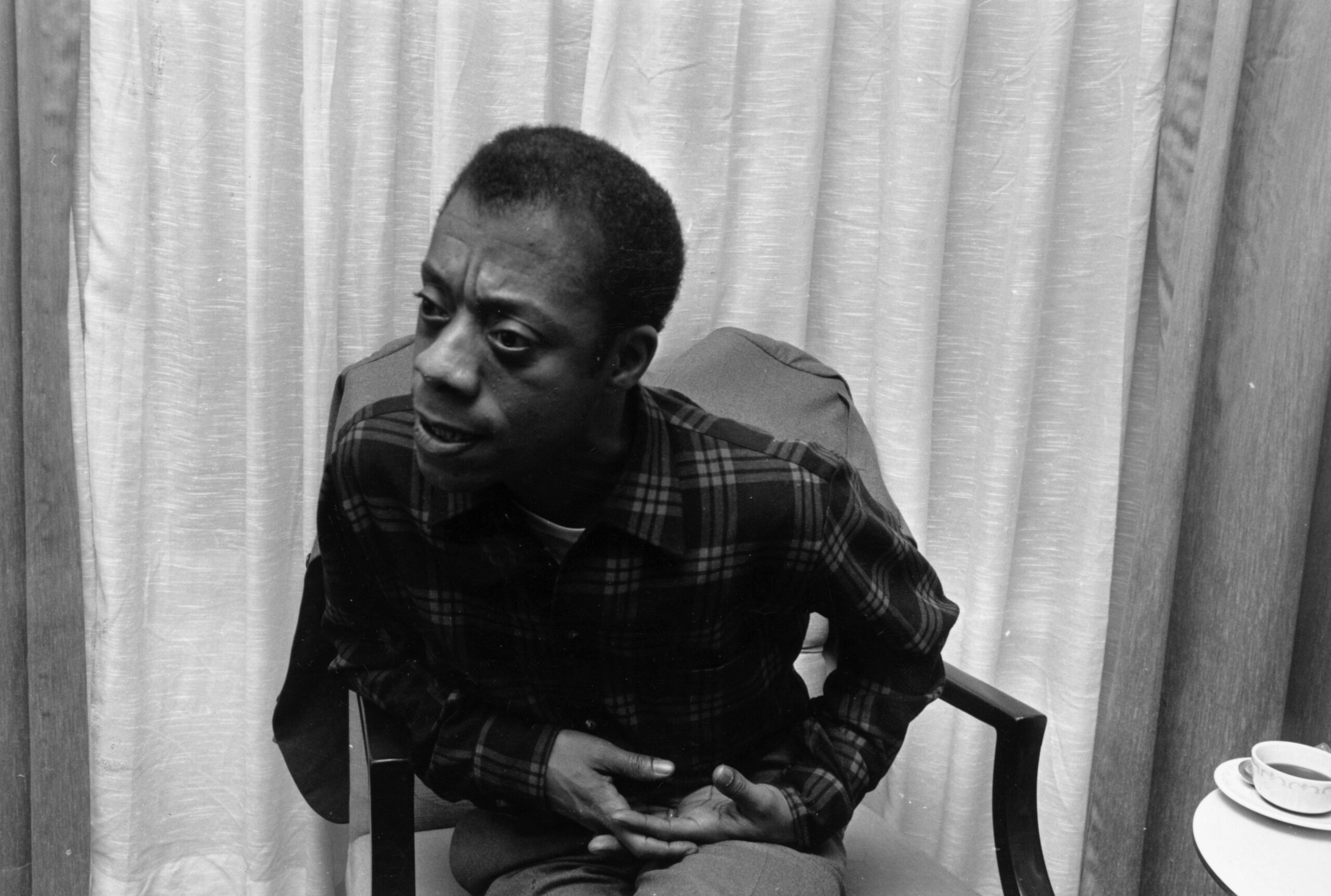
“I know from my own experience that the macho men — truck drivers, cops, football players — these people are far more complex than they want to realize. That’s why I call them infantile. They have needs which, for them, are literally inexpressible. They don’t dare look into the mirror. And that is why they need f**gots,” said Baldwin at the time.
“They’ve created f**gots in order to act out a sexual fantasy on the body of another man and not take any responsibility for it … I think it’s very important for the male homosexual to recognize that he is a sexual target for other men, and that is why he is despised, and why he is called a f**got.”
In trying to make sense of Boosie’s animus toward Lil Nas X, what is clear to me is that there is an absence of self-awareness in the harm he chooses to inflict on Nas X and the larger LGBTQ community through his words. Whether or not there’s also unresolved issues regarding Boosie’s own sexuality, sexual desires or childhood experiences — if he was taught to hate himself or hate LGBTQ people more generally — is between Boosie and his future therapist, prayerfully.
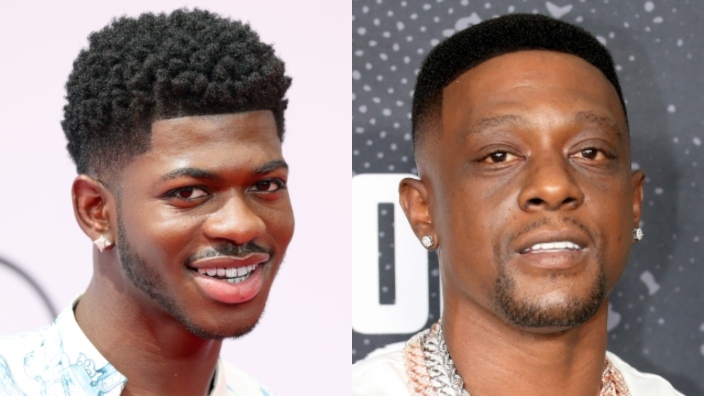
Until we as a Black community can undo the residue of white supremacy and patriarchy that has taught us to hate each other and so very clearly shows up in how some Black men treat or respond to women and those who identify across the LGBTQ spectrum, we will continue to cause each other further harm and trauma.
Black Americans have endured generational afflictions of racism and continue to suffer the consequences of a system built to exclude us from the pleasures of freedom and the ‘American Dream.’ But we still have a long way to go before we can confront the compounded afflictions of Black LGBTQ people and how our continual exclusion and ridicule only further harms the collective community.
It’s also not lost on me that the most transformational movements that incrementally pushed the Black community toward equality and freedom have been led by Black LGBTQ leaders like Pauli Murray, Bayard Rustin, who was integral in helping Dr. Martin Luther King Jr. organize the 1963 March on Washington; Black Lives Matter co-founders Patrisse Cullors and Alicia Garza; and numerous organizers on the frontlines of last year’s historic George Floyd protests. Ironically, these LGBTQ leaders and organizers did so largely on behalf of Black men.
Protecting Black lives goes beyond standing up to overt racism. It also includes ending homophobia, transphobia and misogynoir in our communities, and creating intentional, loving spaces of radical acceptance for all Black people. Black men are crucial to this fight. But in order to wage in the battle for Black liberation, Black men like Boosie have to first end the war within themselves.
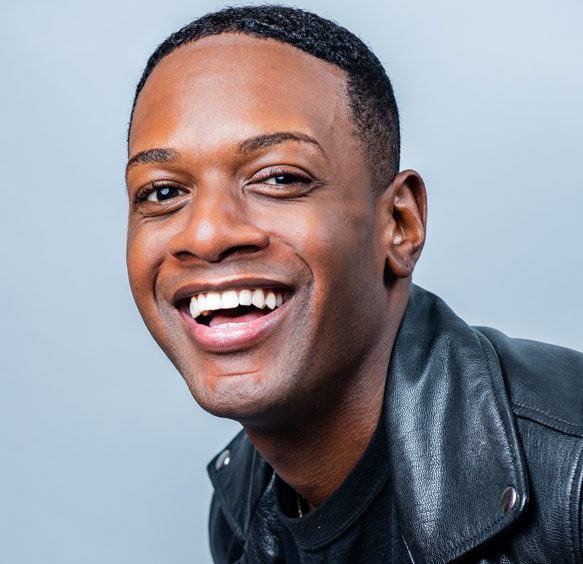
Gerren Keith Gaynor is a D.C.-based journalist, editor, correspondent and podcast host. Currently, he serves as the Managing Editor at theGrio. He is also the co-host of theGrio’s flagship podcast, Dear Culture. As Managing Editor, Gaynor leads theGrio’s editorial team and network of contributors and helps guide political coverage at the organization’s D.C. Bureau alongside theGrio’s White House Correspondent and D.C. Bureau Chief April Ryan. Gaynor is a proud HBCU graduate of Morehouse College and Columbia University School of Journalism. Follow him on Twitter and Instagram at @MrGerrenalist.
Have you subscribed to the Grio podcasts, ‘Dear Culture’ or Acting Up? Download our newest episodes now!
TheGrio is now on Apple TV, Amazon Fire, and Roku. Download theGrio today!






